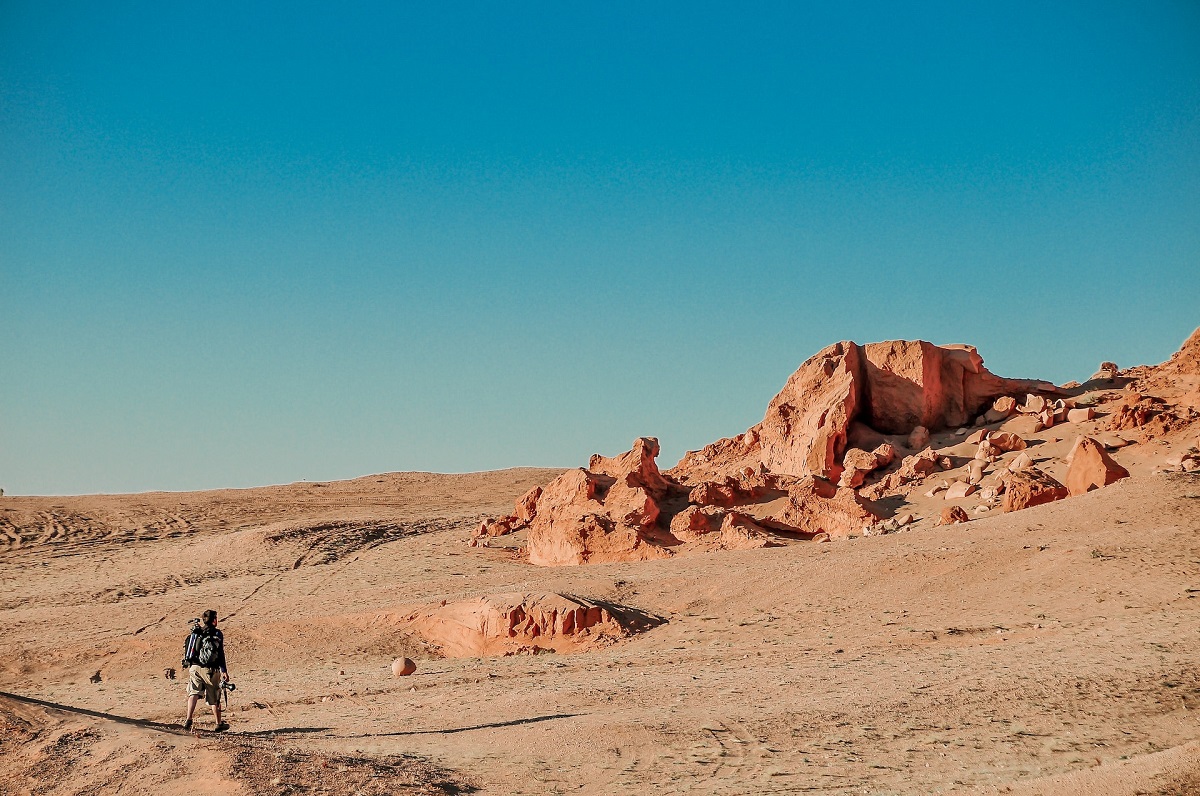Mongolia to host COP17 on desertification in 2026
The East Asian country is increasingly vulnerable to land degradation. According to government data, 76 per cent of the country's territory is affected. One of the factors is mining, which is growing to meet the demands for raw materials needed in the environmental transition. The UN Conference will be an opportunity to raise the issue of sustainability.
Ulaanbaatar (AsiaNews/Agencies) – Mongolia will host the 17th Conference of the Parties (COP17) of the United Nations Convention to Combat Desertification (UNCCD) in 2026, the country’s Ministry of Environment and Tourism on Monday announced on Monday.
The Convention entered into force in 1996, becoming the first, and so far only legally binding international framework to address desertification, a priority in the fight against climate change.
The Conference of the Parties (COP) is the UNCCD’s supreme decision-making body; in addition to overseeing the implementation of the Convention, it is also a platform for information exchange and sharing.
Hosting COP17 will provide Mongolia with an opportunity to raise awareness in the international community about the relationship between desertification and the supply of raw materials necessary for the energy transition.
Desertification is already one of Mongolia’s biggest challenges. Since 2021 it has also been one of the priorities of the Mongolian government under Prime Minister Luvsannamsrain Oyun-Erdene.
According to the Atlas of Desertification published by the National Agency of Meteorology and Environment, more than 76 per cent of the country’s territory has been affected by desertification.
The level of land degradation varies according to the area, but the Atlas shows that more than 20 per cent of the territory is either strongly or very strongly affected by the problem.
This degradation threatens about 90 per cent of Mongolia’s agricultural land, dedicate to farming and pastoral activities, which are important economically and culturally.
Many factors are behind this development, such as the natural expansion of the Gobi Desert, as well as human activities like farming and mining.
The latter is particularly relevant today since the country is rich in coal, copper, gold, as well as rare minerals, which are key to the energy transition.
Mining continues to be Mongolia's main industry, representing about 22 per cent of its GDP in 2021 and more than 80 per cent of exports, this according World Bank data.
In 2020, the government announced Vision 2050, a long-term development plan centred on economic diversification; however, the growing demand for copper and rare minerals is set to slow it down.
Prime Minister Oyun-Erdene wants Mongolia to play a key role in providing the raw materials needed for the energy transition.
Tourism, which accounted for more than 7 per cent of the country's GDP in 2019, was hard hit by the COVID-19 pandemic, not to mention the war in Ukraine which led to sanctions on Russian flight routes.
The mining sector’s growing importance combined with desertification will require considerable efforts to mitigate land degradation.
One of the measures adopted by the government is a massive forestation project to plant “One Billion Trees”. As part of this, Prime Minister Oyun-Erdene announced plans to plant more than 40 million trees this year.
Yet, without a commitment to greater sustainability in the mining sector, the fight against desertification is unlikely to be effective.
07/01/2022 11:31
14/12/2023 09:30
18/11/2024 15:49







.png)










